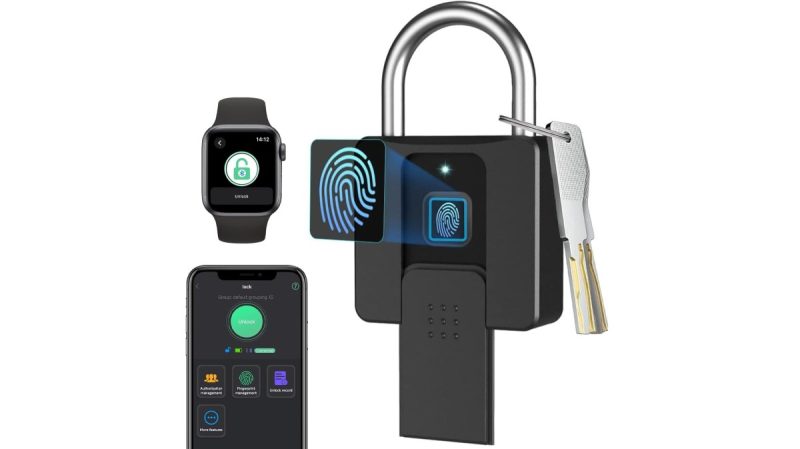
Home security is a top priority for many, and choosing between traditional and smart locks is a critical decision. Smart locks offer modern conveniences, but do they truly surpass traditional locks in terms of security? Let’s delve into the details.
Smart locks have become incredibly popular in recent years, offering users the ability to lock and unlock their doors via mobile apps, voice commands, or even biometric recognition. This provides significant convenience, such as remote access to let in guests or service providers without needing to be home. Many models also maintain a real-time access log, providing valuable information on who’s entering and leaving your home.
However, smart locks aren’t without vulnerabilities. Their connection to Wi-Fi or Bluetooth networks presents a risk of hacking if proper security measures aren’t in place. Regular firmware updates, changing default passwords, and securing your home network are crucial to mitigating these risks. Furthermore, reliance on connectivity means that power outages or internet disruptions could compromise access to your home. Many smart locks do include backup options, such as physical keys or Bluetooth connections, to ensure access even in these situations.
Traditional locks have long been the standard for home security. Their mechanical simplicity makes them less susceptible to cyberattacks. However, they’re not invulnerable; techniques like lock snapping allow thieves to break the lock cylinder and gain access in seconds. To counteract this, installing locks resistant to such attacks is recommended.
Both smart and traditional locks have their own advantages and disadvantages when it comes to security. Traditional locks offer reliable protection against physical attacks, especially when high-quality, tamper-resistant models are used. On the other hand, smart locks provide advanced features and real-time monitoring but require additional measures to protect against potential digital vulnerabilities.
The choice between a smart lock and a traditional lock depends on individual needs and preferences. If convenience and advanced features are valued, a smart lock might be suitable, provided the necessary security measures are implemented. For those who prioritize a simple, proven solution, a high-quality traditional lock remains a solid choice. Regardless of your choice, staying informed and taking precautions is essential to ensure your home’s security.
Related Articles:
* Players Locked in Locker Room to Lose Championship
* Amazon Introduces Echo Hub Smart Home Panel
* 5 Smart Home Tricks to Save Money










